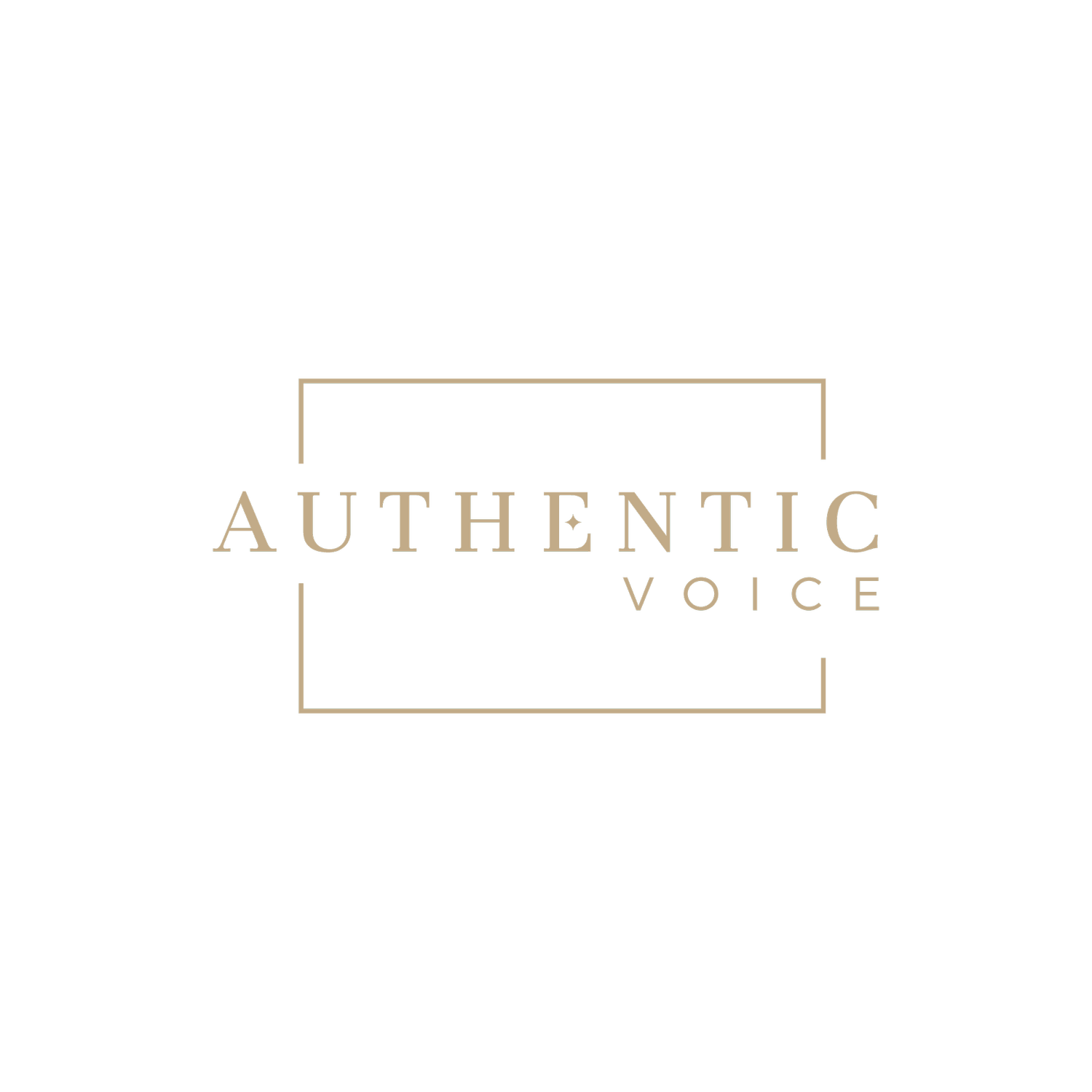Do You Give Me Permission to Become Human?
Some say this blog spoils the movie “Barbie.” I disagree. But consider this your spoiler alert.
“I loathed it," he said, this friend of a friend. “The attempts at humor were weak. And the message was beaten over my head, clichéd. But I loved the sets.”
I’m sorry, what? You loathed it? From the Old English “lao,” meaning “hated?” From the Old Saxon “lethan,” to be evil? From the Old Norse “leioa,” disgusted?
I am open minded. But if you feel repulsed by “Barbie,” we need to chat. So I have written you this letter. Longhand. The only way I know how to let it rip.
Dear Mr. Name Unknown Screenwriter,
You missed it. The whole effing point, enchilada, and everything else. Which is ironic because you are in the biz. You appreciate a well-turned phrase, it would seem, as a writer. So let’s break down your reaction, phrase by phrase. Because I don’t know what else to do with you.
1. “I loathed it.” The hatred you feel from this cultural phenomenon reveals your inability to understand. Don’t believe me? I’ll throw some famous writers your way. Maybe you’ll take their word for it.
JOHN STEINBECK: “Try to understand [wo]men. Knowing a [wo]man well never leads to hate and almost always leads to love.”
JANE AUSTEN, Pride and Prejudice: “‘There is, I believe, in every disposition a tendency to some particular evil, a natural defect, which not even the best education can overcome.’
‘And your defect is a propensity to hate everybody.’
‘And yours,’ he replied with a smile, ‘is willfully to misunderstand them.’”
What do you misunderstand, subconsciously and, perhaps, willfully? The final conversation between Ruth Handler (Rhea Pearlman, aka “Baby, I am Mattel!”) and Barbie (Margot Robbie)—who transforms into Barbara Handler before our eyes:
Barbie: “Do you give me permission to become human?”
Ruth: “You don’t need my permission.”
Barbie: “So being human’s not something I need to ask for, or even want?...It’s something that I just discover I am?”
Permission to become human. Is that too much to ask?
The question doesn’t resonate with you, Mr. Screenwriter, because you’ve never had to ask. Because the patriarchal waters that we swim in have hurt us all: You, by not needing to consider that you have to walk through this world as something more than human. Me, by needing to consider that I have to walk through this world as something more than human.
The patriarchy–and let me be clear, the patriarchy is not men, it is a system of empowerment on one end and disempowerment on the other–has damaged us both. You by fostering a lack of empathy. Me by fostering an inability to trust myself.
No more, my friend.
Ruth isn’t done yet:
'“I can’t in good conscience let you take this leap without you knowing what it means. Take my hand. Now, close your eyes. Now, feel.”
At this point I’m in a full-blown cry, popcorn be damned, and you, I surmise, are dry-eyed and smug. Even Billie Eilish’s “What Was I Made For?” in the background moved you not.
Ditto scenes from the “real” life Barbie will enter if she discovers her full humanity. I can’t recall those grainy moments from memory, but in my mind’s eye, they are a beautiful mixture of elation and pain, birthday parties and chemotherapy treatments.
One of my good friends tells me I’m wrong, tells me the montage reveals only joyous moments, and she’s seen the movie twice, so I believe her, plus she’s wicked smart. How odd, I told her, that I recall the full monty: chasing butterflies and running from flames.
“Your mind filled in the hard stuff,” she explained. “Because you know life carries it all. Greta Gerwig didn’t need to show you.”
Maybe my friend’s right. Maybe I cried because my mind jumbled up life in a blender on high, and I felt utterly lost in the richness of it all. And maybe I cried because I, too, don’t know “what was I made for?” and because “I don’t know how to feel / But I wanna try” (Eilish).
And maybe you didn’t cry because the world taught you to know what you were made for, to know how to feel, to try without fear. If so, I am sorry. Because that’s not human, either.
So, my friend, you need to try to understand, to feel, the ending—just as much as I do. You need permission to be human: not a man, not a screenwriter, not a critic. Just a human, willing to embrace the messiness of it all.
I’m not done yet.
2. “The attempts at humor were weak.”
KEN (Ryan Gosling): “I’ll play the guitar at you for four hours.” Enough said.
3. “The message was beaten over my head, clichéd.”
THAT IS THE POINT! We need the message beaten over our heads because nothing else has worked. Not #metoo. Not #timesup. Sure, we’ve made gains. But it’s not enough. So let the beating begin.
I have no ear for subtlety, you say? No recognition of nuance? Ok, I’ll give it to you on one point and one point only: America Ferrera’s “It’s literally impossible to be a woman” monologue has been done before—and unfortunately the dialogue is as relevant today as the first time we heard it, decades ago. Betty or Gloria or Shirley could have written those words. But, at the risk of repeating myself, I repeat myself: THAT IS THE POINT! Change isn’t arriving swiftly enough. We still have to twist ourselves up in knots for people to like us. Everything is still our fault.
4. “But I loved the sets.”
I. can’t. even.

